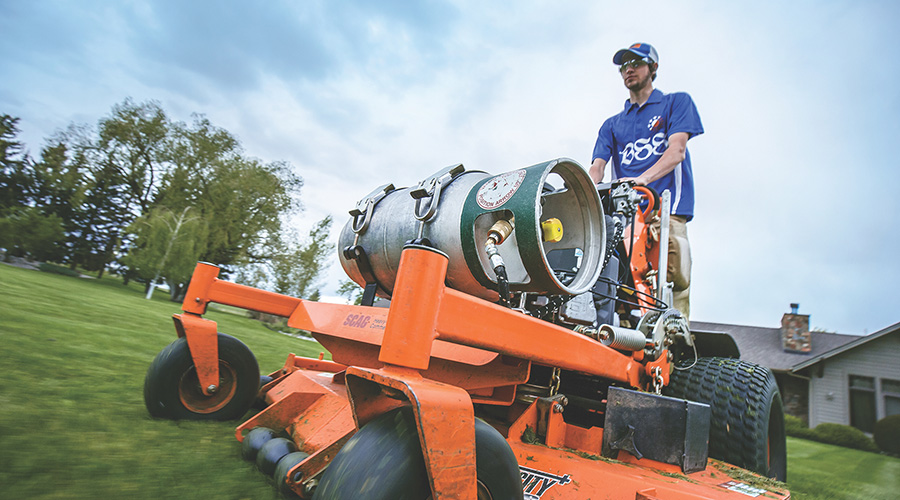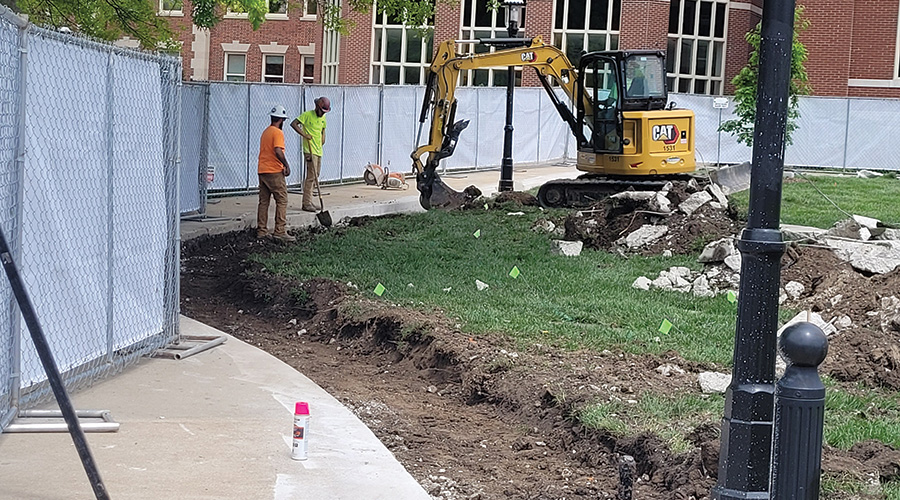Organic Chemicals Produce Positive Results in New York School District
While finances might affect the department's ability to buy new mowing equipment, its use of organic chemicals is producing more positive news. The decision to move to organic fertilizers arose from requirements of strict state laws governing fertilizer application and notification. The demanding laws prompted the district to seek alternatives.
"I think the legislation that originally was in place regarding the notification helped districts to take a more critical look, where some wouldn't have otherwise," Pizzo says.
The real benefits of the district's switch have taken a few years to materialize. While upfront costs in the first year are roughly cost-neutral, the savings come as the program takes hold. By the fifth year of the district's program, Pizzo says the switch generated a savings of 24.38 percent below previous levels.
"The reasons for the reduction in cost is that organic treatments treat the soil, while traditional treatments are designed to eliminate everything but the grass," he says, adding that additional changes accompany the transition. "Once (the organic program is) implemented, you're treating the soil. Then you make some changes with the level you cut the grass at. You remove the petrochemicals, and you get the soil back in balance, so we don't need to do any of these extra treatments."
Beyond Turf Benefits
The switch to organic alternatives has produced additional benefits. For example, the district also has cut its water use.
"With petrochemicals, they actually require additional water," Pizzo says. "We actually believe our program has enabled us to ratchet back on the amount of water that we use by 15-20 percent."
The benefits also have had a tangible financial impact in other ways.
"Where we see it reflected is the fact that we don't need to increase the (grounds) budget, and the budgets are freed up to be increased for the areas that are of primary importance — things that go for kids," he says. "We try to minimize the amount we spend on my activities here. I'm here to support what they do."
Pizzo advises patience for managers considering the move to organic chemicals or who have just started the transition.
"When people get frustrated with organics, it's that they'll go from a traditional system to an organic system, and the next year, their turf isn't as nice as it had been," he says. "But if you've been using a traditional program for 15 years, you've destroyed soil chemistry. It takes time for it to build back.
"So if you make a two- or three-year commitment, then you'll see that you'll be able to achieve similar results. By the time you're in the fourth and fifth year, you'll see that the organic program actually is providing superior results. That's the reason people have to have a longer-range view."
Related Topics:













